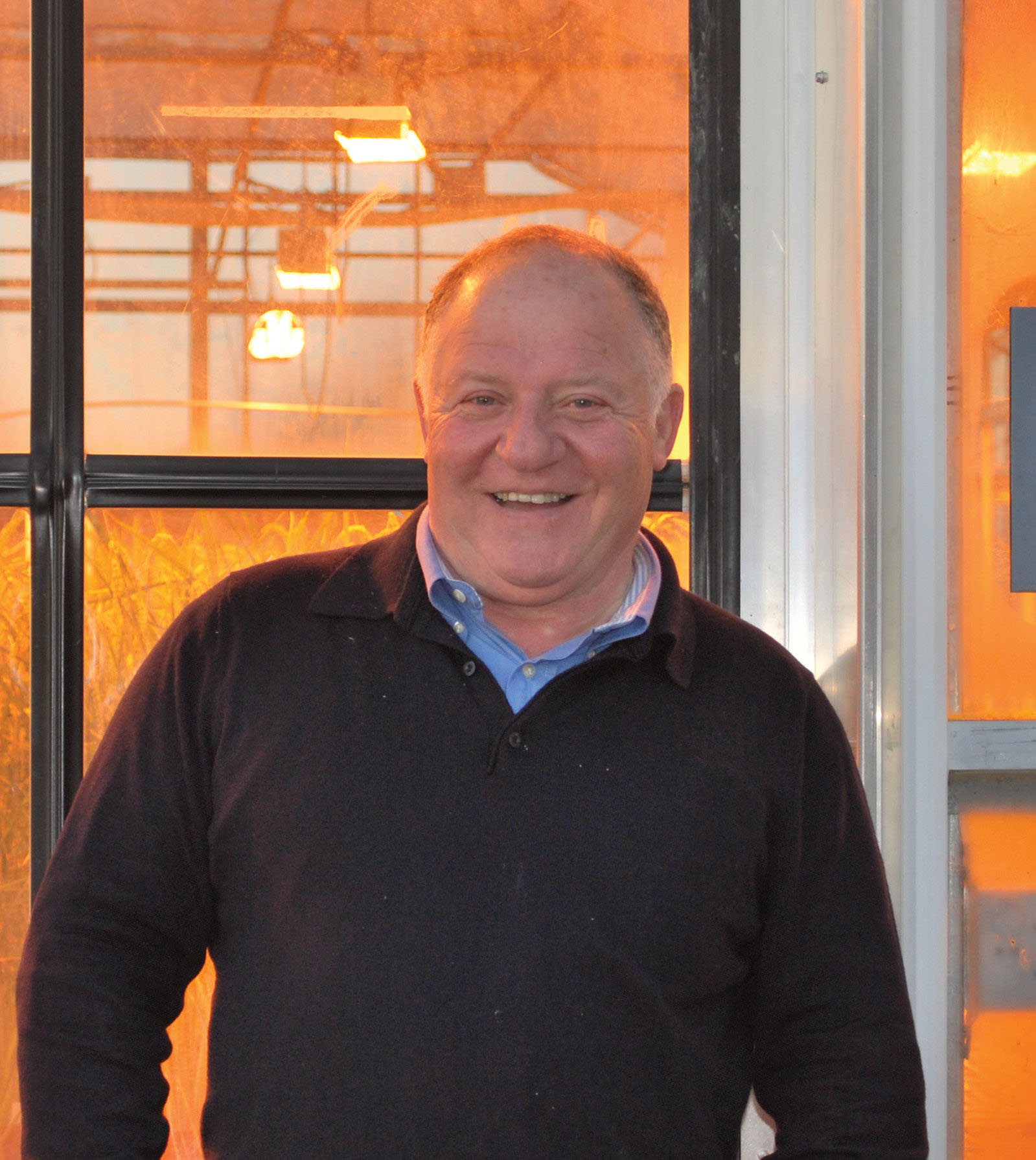Modifications of source-sink relationships: Chloroplast turnover and stress tolerance in crop plants
January 12, 2017
Eduardo Blumwald
Water-deficit accelerates leaf senescence, leading to decreased canopy size, loss in photosynthesis and reduced yields. We hypothesized that it may be possible to enhance water-deficit tolerance by altering plant sink/source relationships by delaying stress-induced senescence through the stress-induced synthesis of cytokinins. The regulated expression of IPT (isopentenyltransferase) significantly improved water stress tolerance and the transgenic plants produced higher yields than wild-type plants in the field. Stress-induced cytokinin production had a positive effect on nitrate uptake as well as on the expression of genes associated with primary N assimilation and N re-assimilation, enhanced higher protein synthesis and the strengthening of the transgenic plants sink capacity.
Thethe stress-induced senescence process is the loss of photosynthetic activity and degra AtCV targets the chloroplast, promoting the formation of vesicles (containing stroma and thylakoid proteins) that are released from the chloroplast and transported into the vacuole through an autophagy-independent pathway. The overexpression of AtCV induced leaf senescence and chloroplast degradation. On the other hand, AtCV silencing resulted in delayed chloroplast degradation and increased abiotic stress-tolerance. Our results support the notion of an interaction between CV and the photosystem subunits mediating their incorporation into vesicles and facilitating their traffic to the vacuole for protease-mediated degradation. CV silencing offers a suitable strategy for the generation of stress-tolerant transgenic crops. In water-deficit treatments, OsCV silencing in rice resulted in a sustained photosynthetic activity and yields higher than wild-type plants.
Bio
Professor Eduardo Blumwald is a Distinguished Professor and Will W. Lester Chair in the Department of Plant Sciences at University of California, Davis. He specializes in plant physiology, biochemistry, and bioenergetics. He has published over 170 papers, 28 reviews and book chapters, and owns 7 patents spanning his fields of study. His work has been cited over 17,700 times, making him an authority in plant biology. He is currently a Fellow at the American Society Plant Biology and Editor-in-Chief for Plant Science.
